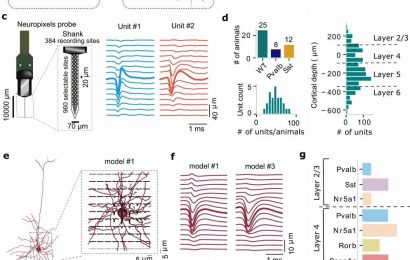Malaria is the deadliest mosquito-borne parasitic infection of humans. In 2021, after a century of research, the World Health Organization (WHO) approved the world’s first malaria vaccine. That vaccine reduces the incidence of malaria infections in young children aged 5-17 months by only 30 percent, meaning that it remains critical to continue developing and testing more effective vaccines.
WHO’s goal is to find a vaccine that prevents infection as well as cases of severe malaria. However, testing vaccines in the field is challenging and requires large number of volunteers and long periods of follow-up. This process increases the expense and reduces the number of trials that researchers can perform.
Now, scientists at the University of Maryland School of Medicine’s (UMSOM) Institute for Genome Sciences (IGS) and the UMSOM Center for Vaccine Development and Global Health (CVD), and their collaborators report a new way to test vaccines that may be as rigorous and stringent as exposure to field strains of malaria. Their study was published in the June issue of Nature Communications.
Their method has two key aspects. First, they expose vaccinated volunteers to malaria in a controlled clinical environment. Secondly, for this testing, they use a strain of malaria that is genetically very different from the one used in the vaccine, as well as from strains in the geographic region to which the vaccine is intended.
This technique allows scientists to test how well the vaccine works in small numbers of volunteers under controlled settings and in a rapid fashion and predicts how well the vaccine may perform in the field. This lets researchers select the best vaccines for larger studies in the field. This method will increase the efficiency of vaccine testing and should accelerate malaria vaccine development.
“The standard for many investigators has been to test vaccines with a strain similar to the one used in the vaccine’s development,” explained the study’s lead author, Joana Carneiro da Silva, PhD, Professor of Microbiology and Immunology at UMSOM and IGS. “Using a strain that is both genetically distant from the one in the vaccine — as well as from the strains circulating in the area where malaria is rampant and the vaccine will be used- is a more stringent way to test vaccine effectiveness.”
Researchers are studying the effectiveness of a vaccine (PfSPZ Vaccine) made by the company Sanaria, Inc, based in Rockville, Maryland. This vaccine uses the West African parasite strain known as PfNF54. One objective is to use this vaccine to protect individuals with little or no previous exposure to malaria, including those living or traveling in Africa. The long-term goal is to use the vaccine in mass vaccination programs to eliminate malaria from specific regions in Africa.
Source: Read Full Article


